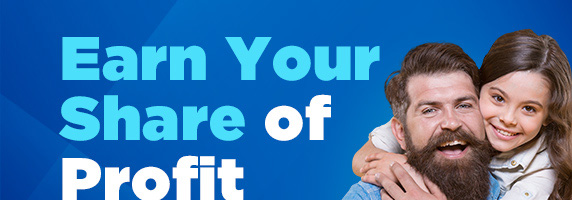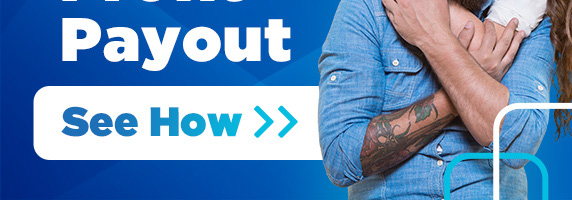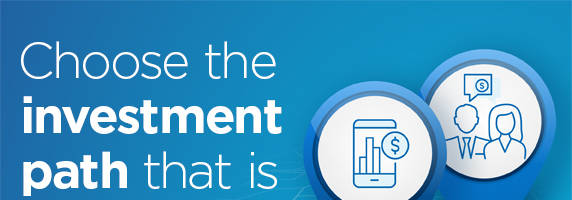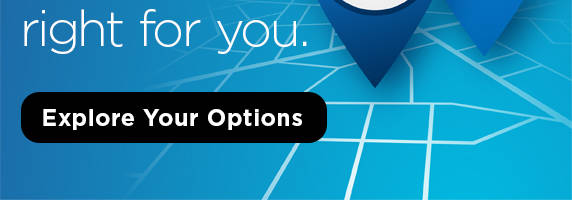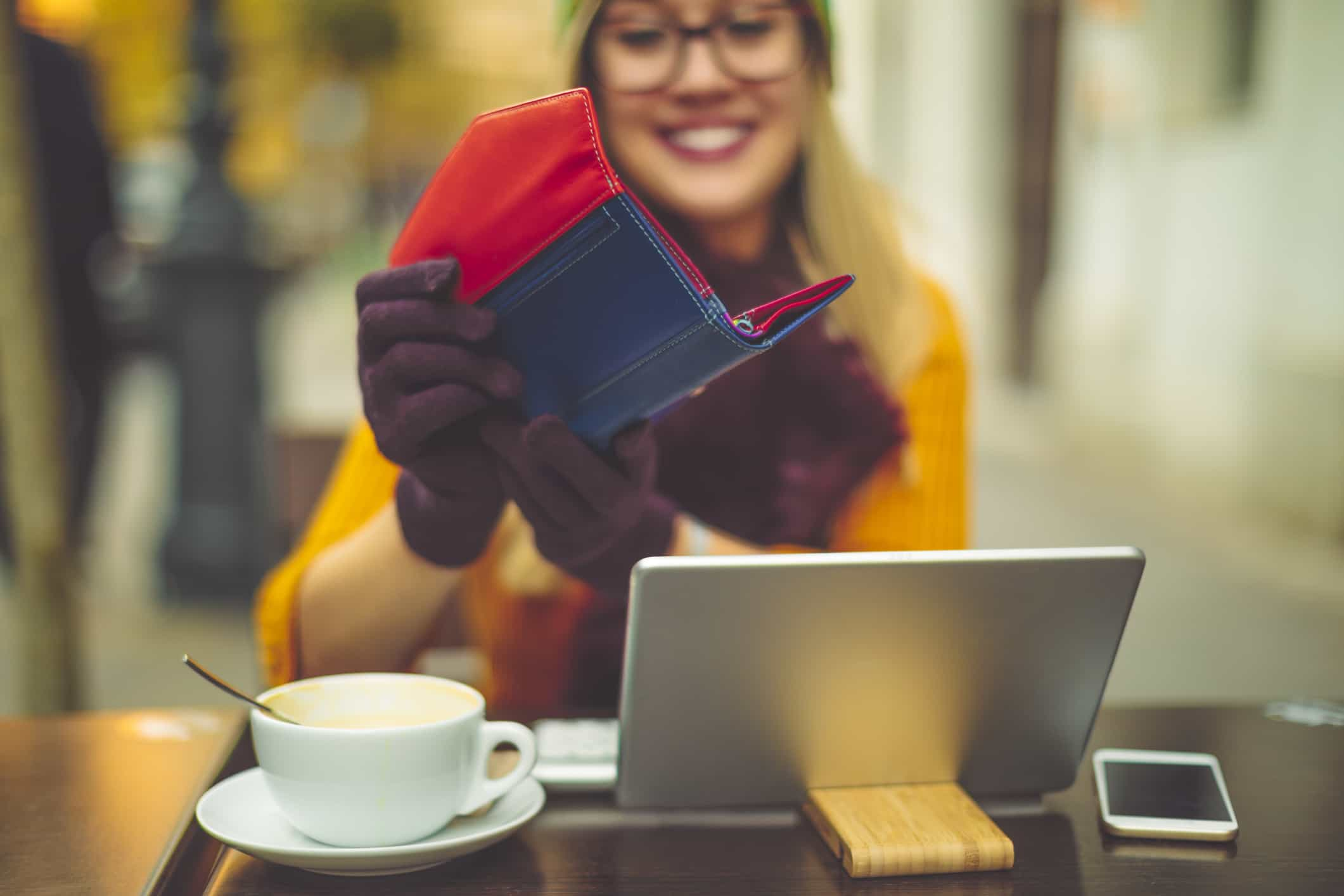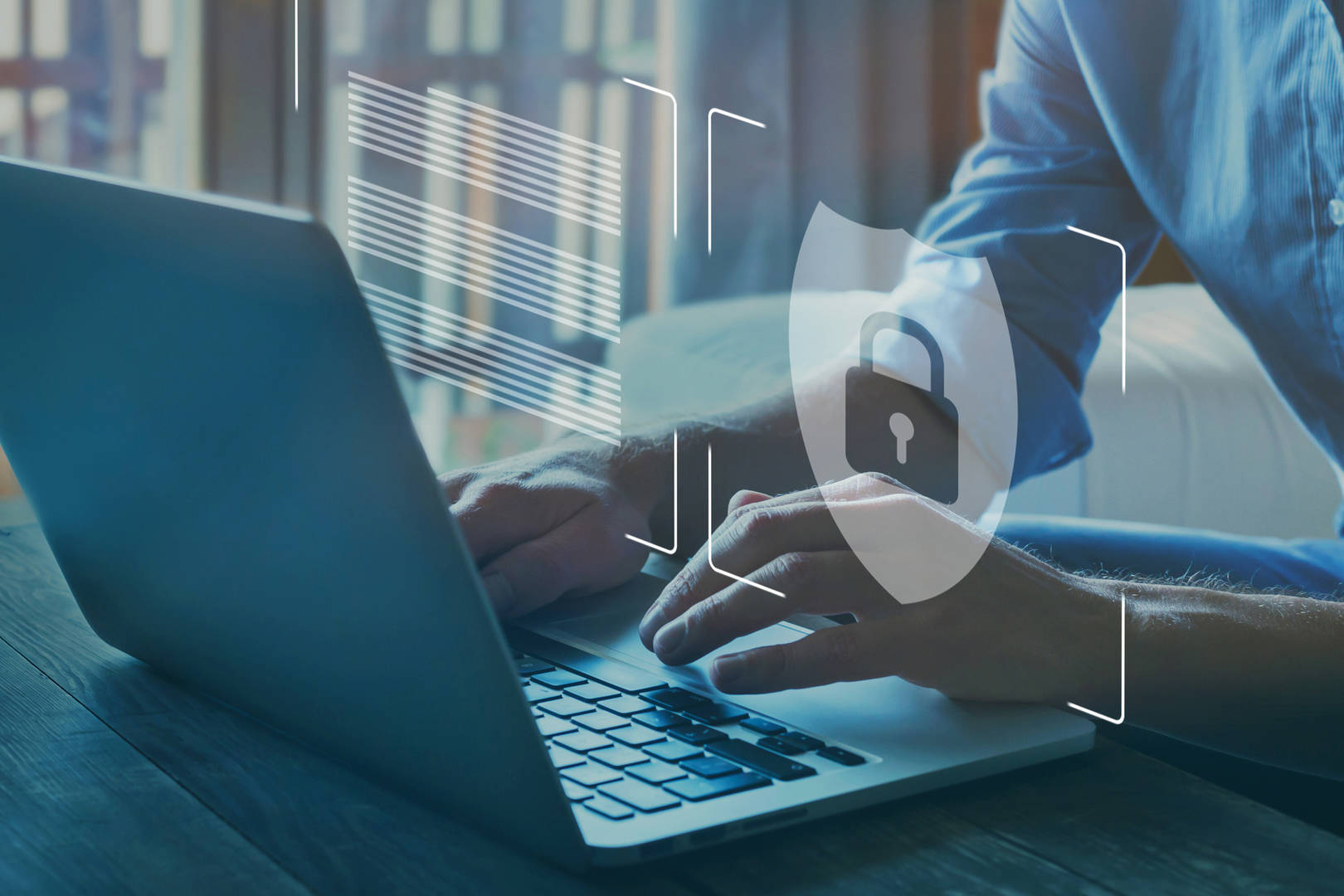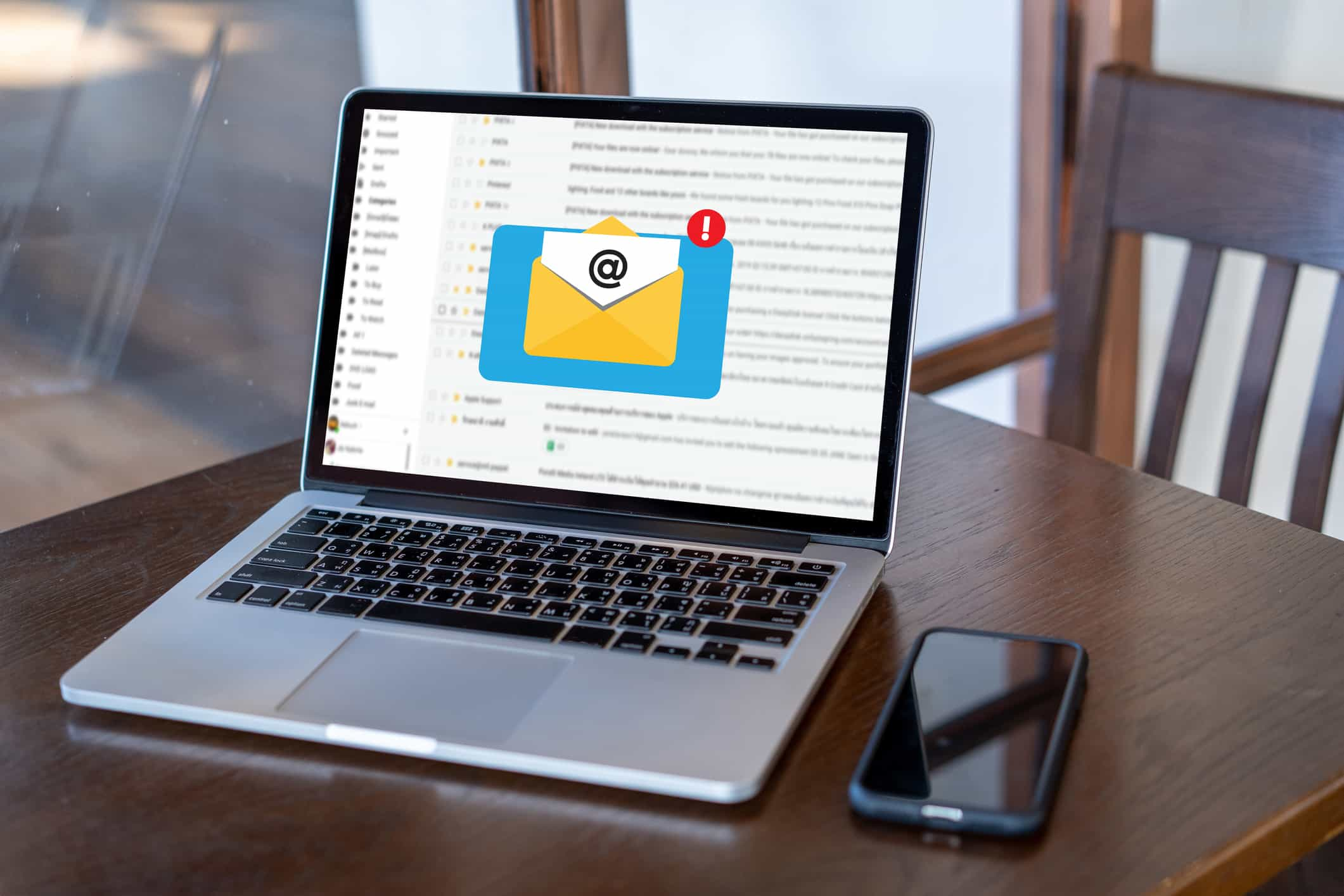Protect Yourself from Card Cracking
"Want to make easy money?"
Getting a message like that on social media is tempting to respond to, especially if you’re a young adult. The moment you respond to the message, you’ll be asked to provide your bank account information for a check deposit with a promise of a kickback. In doing so, you’re giving the fraudster access to withdraw funds from fake check deposits, thus becoming a co-conspirator to fraud.
This form of fraud is called card cracking.
The American Bankers Association is so concerned about card cracking, it launched an industry-wide initiative to educate consumers on this scheme.
How Card Cracking Works:
- You receive a private message on social media. Fraudsters set up fake social media accounts, typically targeting high school students and young adults looking to make extra money. The private message from the fraudulent account claims you can make money easily and legally if you have a bank account.
- The fraudster will offer you free money. The offer of free money tricks you into providing account information such as a debit card number and PIN, online banking username and password or information such as account number and routing number.
- A fake check is deposited into your account. With your information, the fraudster deposits phony checks for a large amount of money into your account. They can attempt the deposit in a variety of ways - from mailing in the check, using remote deposit in the app or by depositing it in an ATM. Unfortunately, fake checks are becoming extremely sophisticated. It's not easy to spot fake checks, so funds are deposited and available for withdrawal despite rigorous security measures and software in place to detect them.
- Money sharing app withdrawals or ATM withdrawals from your account. After the initial deposit, a transfer is made via money sharing apps like Venmo. If the fake check is deposited at the ATM, the fraudster withdraws the funds that are made available from the ATM.
- Money Scam Kickback. In card cracking, you are being paid to transact a fraudulent check. The fraudster shares some of the proceeds with you and keeps the rest for themselves. In general, both the account holder and the fraudster receive something.
- Report Lost Card. In some cases, the fraudster will instruct you to call your financial institution to report a lost or stolen card. If you’re not instructed, you will realize your account has been drained and you will call your financial institution to report it. This is where you are actively participating in the money scam and could suffer repercussions.
- Reimbursement (maybe). At this point, you'll have to work with your financial institution on possible reimbursement for any loss. Be truthful in sharing the scam you fell victim to and provide all information with whom you shared your personal information.
- You may become a co-conspirator to fraud. When the financial institution investigates the situation and determines that card cracking has occurred, you are more than likely now responsible for paying back all stolen funds.
Card cracking is a serious and widespread money scam that ends up costing innocent people a lot of money. According to the American Bankers Association, here are tips to prevent the card cracking money scam:
- Do not respond to online solicitations for “easy money.” Card cracking advertisements will suggest that this is a quick, safe way to earn extra cash. Remember easy money is rarely legal money.
- Never share your account and PIN number. Always keep this information private. By sharing it with others, you expose yourself to potential fraud. CommunityAmerica will never ask you for your personal information including social security number, debit or credit card numbers, and pins or passwords.
- Do not file false fraud claims with your bank. By filing a false claim, you are considered a co-conspirator to fraud. Banks’ detection techniques for card cracking are constantly improving and suspicious claims will be investigated.
- Report suspicious posts linked with scams. If you notice postings that appear to be linked with a possible scam, report them to the social media site. There is usually a drop-down menu near the post to allow for easy reporting.
If you notice any suspicious activity related to your CommunityAmerica accounts, please contact us as soon as possible via 913.905.7000 or [email protected]. You can also visit our Fraud Prevention pages for more helpful insights to keeping your personal information safe.
